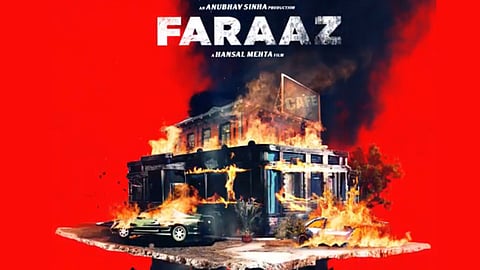
- News
- Columns
- Interviews
- Law Firms
- Apprentice Lawyer
- Legal Jobs
- हिंदी
- ಕನ್ನಡ

The Delhi High Court recently refused to stay the release of the film Faraaz, while noting that the fundamental right to privacy cannot be claimed by legal heirs on behalf of the deceased. (Ruba Ahmed & Ors v. Hansal Mehta & Ors.)